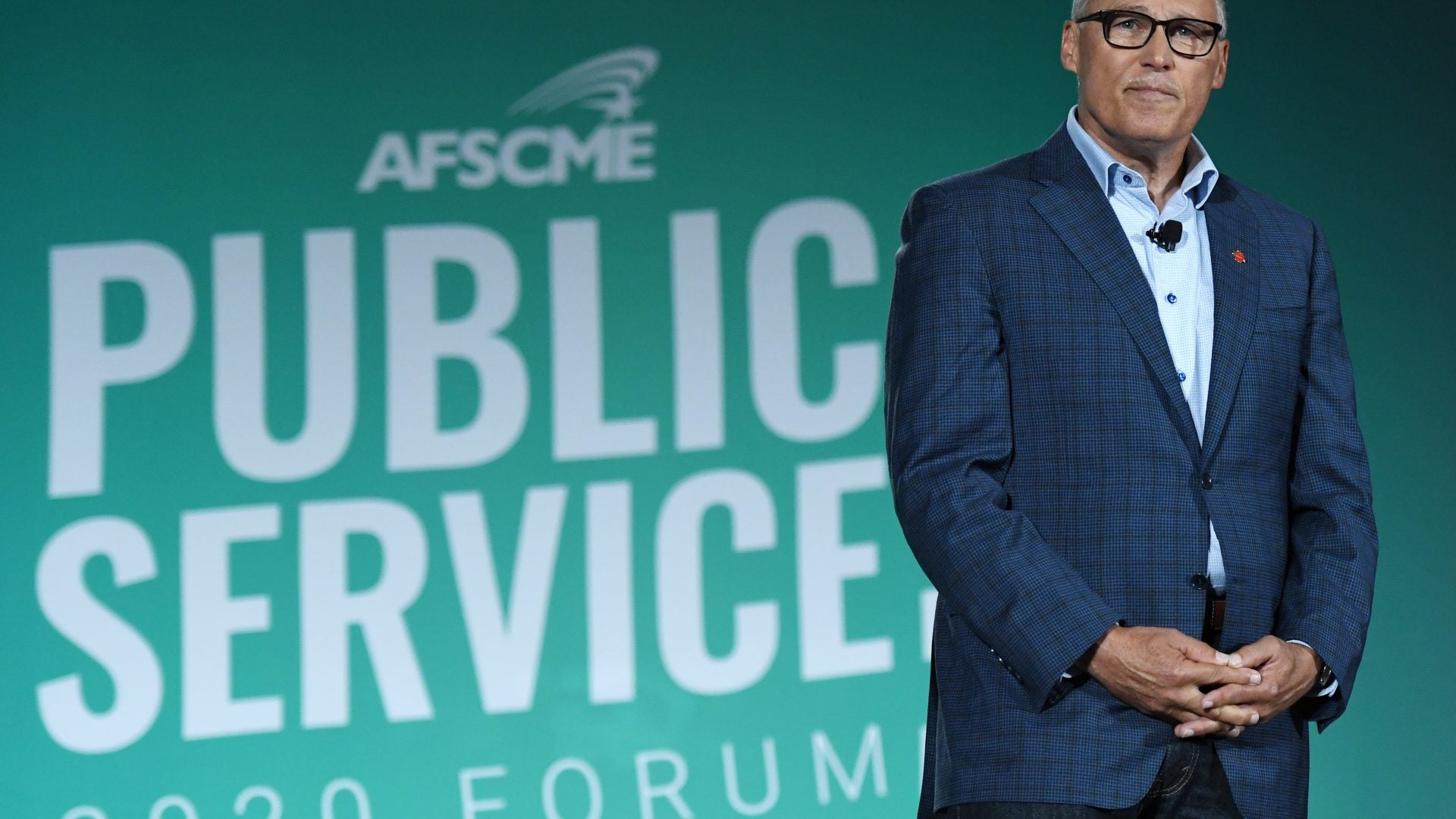
Yesterday, just one week shy of the anniversary of the police killing of George Floyd and two months past the anniversary of Manuel Ellis’ death at the hands of Tacoma, WA police, Washington state Governor Jay Inslee signed a dozen police reform bills into law.
According to the Associated Press, this is “one of the nation’s most ambitious packages of police accountability legislation prompted by last year’s outcry for racial justice…The dozen bills Inslee signed include outright bans on police use of chokeholds, neck restraints and no-knock warrants such as the one that helped lead to [Breonna] Taylor’s killing in Louisville, Kentucky.”
Additionally, the bills focus on tactics that officers use when in the field, looking into the investigations of deadly force incidents, and the circumstances surrounding officer decertification. Inslee apparently had an even more ambitious agenda— “Despite the plethora of bills that passed this year, a number did not. They include a measure to authorize the state attorney general to prosecute cases of police deadly force, a bill to increase the minimum age of police recruits and a requirement that police departments with at least 15 officers [] have a community oversight board.”
Supporters of the laws have celebrated their passage, but also recognize that while this is a watershed moment in the fight for police reform and accountability, the work still needs to continue when it comes to implementation and enforcement of the laws.
Last month, after the conviction of Derek Chauvin in the death of George Floyd, Washington state Governor Jay Inslee released a statement, noting that the George Floyd’s killing “…was more than the death of one person. It was a trauma for George Floyd’s family, his children, the bystanders and indeed the entire nation. Weary families in so many communities, traumatized from images of brutality against Black and Brown people and feeling no power to stop it, can take heart today that justice was served in this instance. Yet, there is still much work to do. This is one step on a long journey we are just beginning.”
Following last summer’s protests as calls for racial justice swept the country, a more than 2000 legislative and policy proposals were put forward at every level of government, but these have been mostly “patchwork” and piecemeal, NPR reports.





